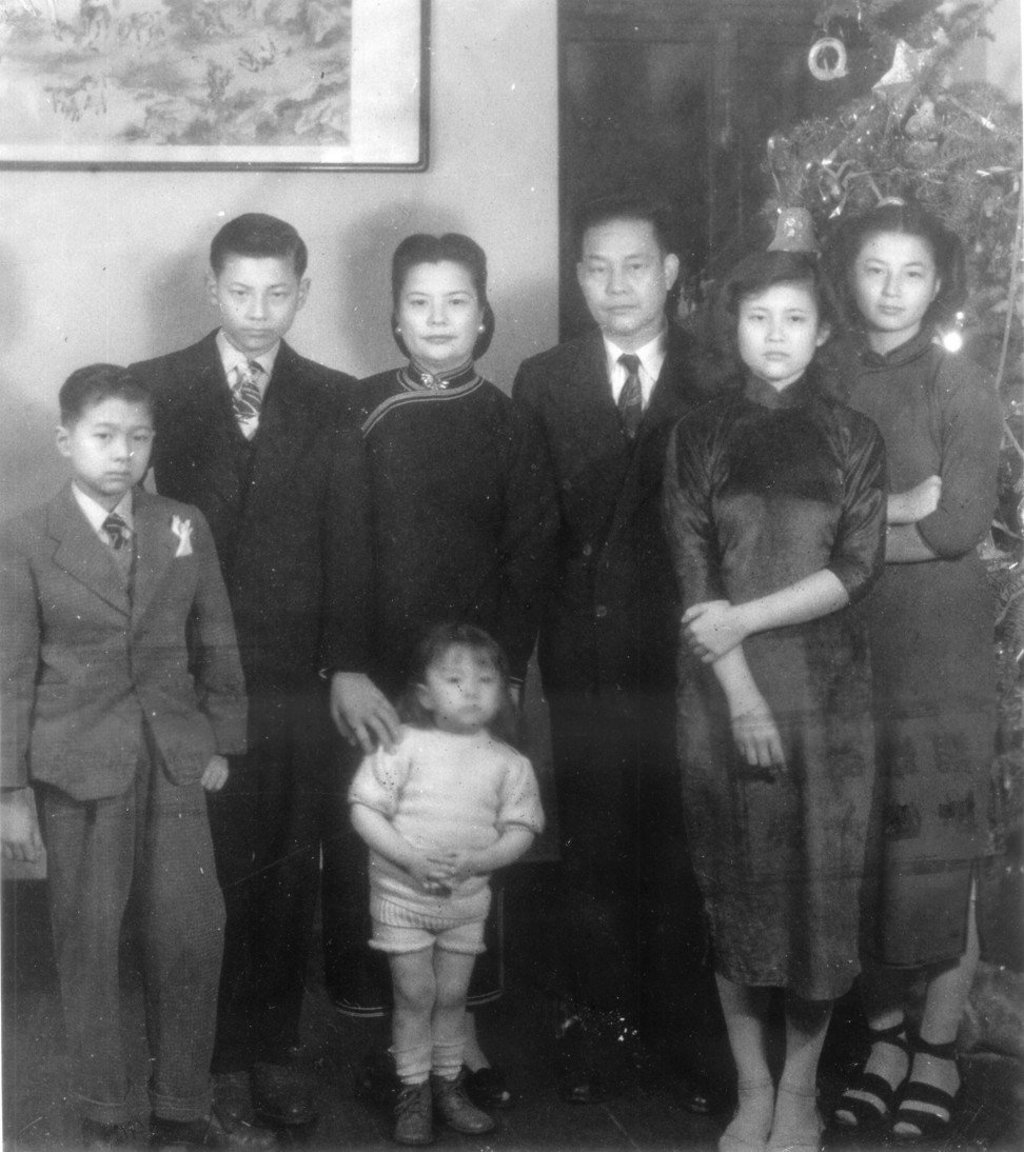The Chinese film star China barely knows: Tsai Chin – Bond girl, Suzie Wong actress, daughter of Shanghai
- Grey’s Anatomy star was the first Chinese Bond girl, the first Chinese student at London’s Rada drama school and the first Chinese actress in a West End show
- Now 85, she may finally get recognition in China with the launch of documentary Daughter of Shanghai. Its director tells us why Tsai is her idol

Decades before superstars such as Gong Li and Zhang Ziyi made their first forays into Hollywood, Chinese actress Tsai Chin played a Bond girl in the 007 spy film You Only Live Twice (1967). To shoot the scenes where her Chinese double agent character traps the debonair British spy in an assassination attempt, Tsai, also known as Irene Chow, was in bed with Sean Connery for three days.
Before that, Tsai had been the first Chinese star to perform in London’s West End, earning rave reviews in the star role of Suzie in The World of Suzie Wong in the late 1950s.
Yet Tsai is far from being a household name in China, where audiences pay scant attention to her roles in American film and television productions, which include star turns in Memoirs of a Geisha, Grey’s Anatomy and the recently released Lucky Grandma, a crime caper in which she plays the lead role as a chain-smoking, pension-age New York gambler caught between two Chinatown gangs.
Now, at the age of 85, the Shanghai-born actress, who lives in Los Angeles, could receive belated recognition at home, with a film based on her life opening in cinemas across China on July 2.

Directed by Michelle Chen Miao, whose previous film Son of the Stars (2012) explores the struggles of migrant workers through the story of a woman from Inner Mongolian and her autistic son in the southern Chinese factory town of Dongguan, Daughter of Shanghai is a 90-minute documentary which features Tsai talking about her life, scenes from the films and series she has starred in, and footage of celebrities such as Canadian actress Sandra Oh talking about Tsai’s influence on them.